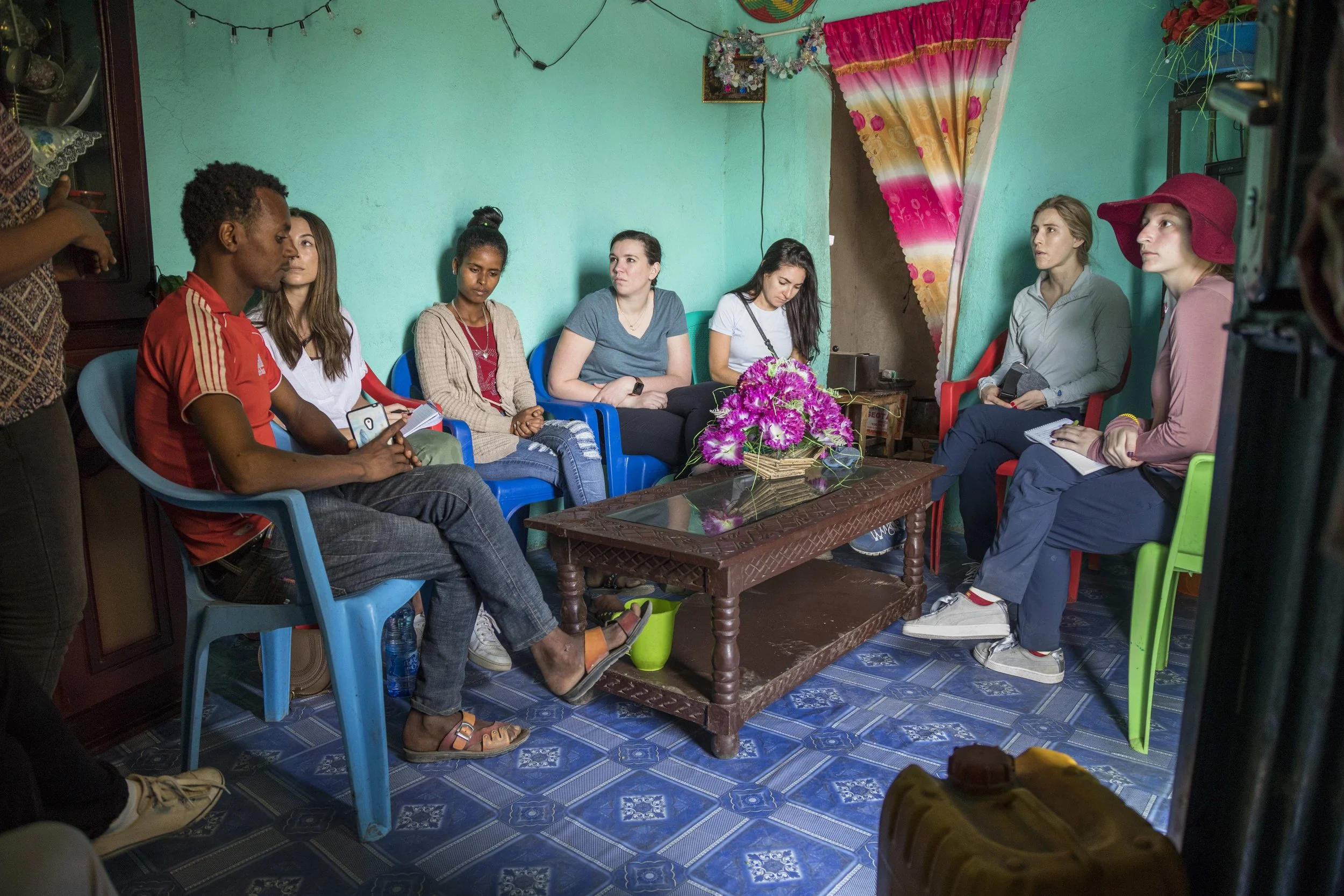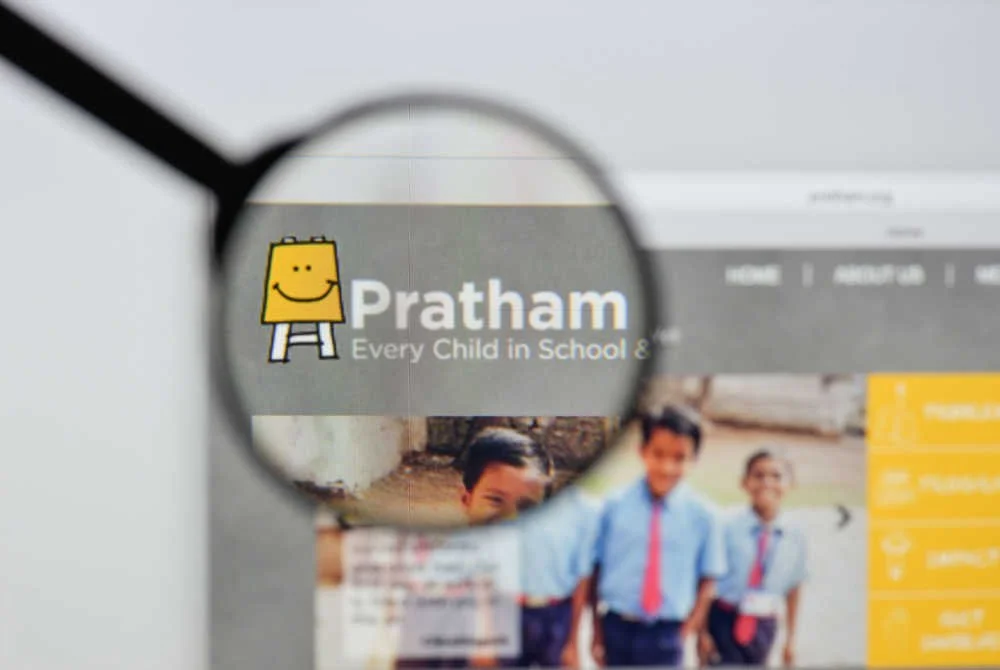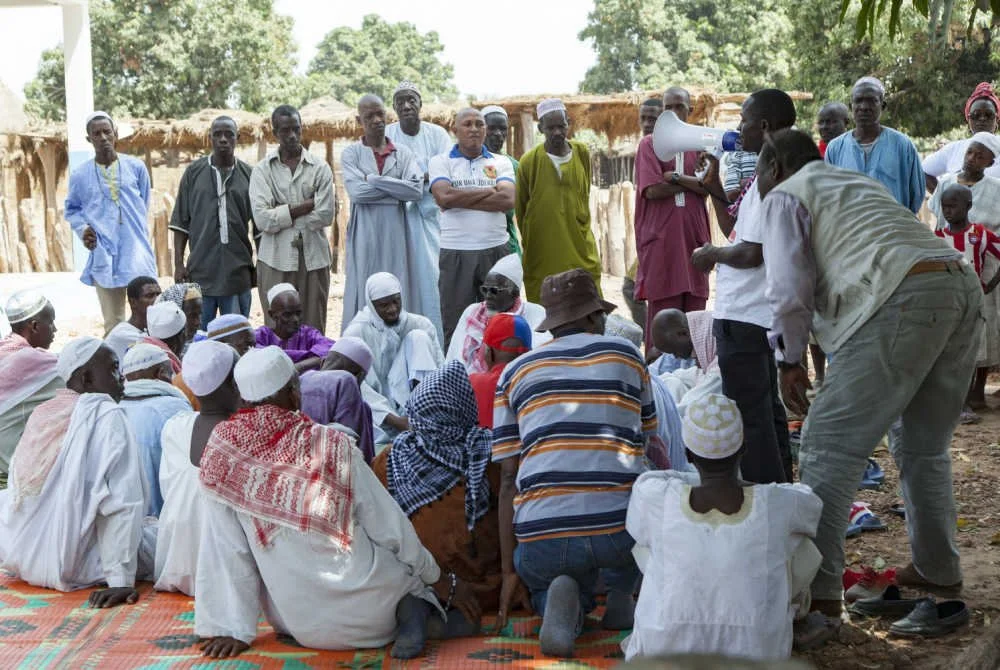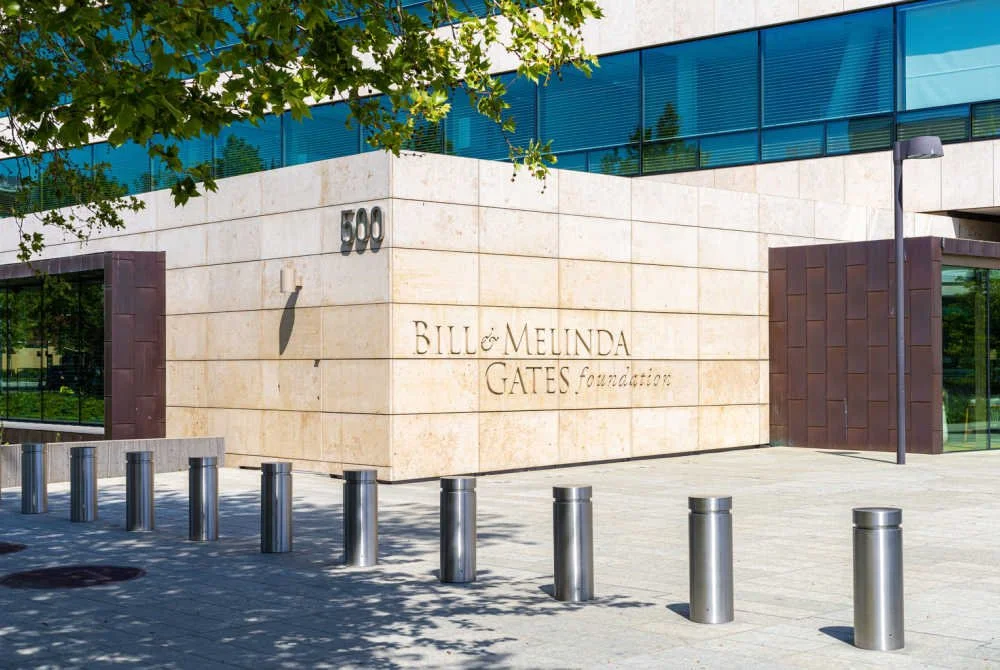It's the Deadliest Neglected Tropical Disease in the World. Who's Giving Grants to Fight It?
/According to the Centers for Disease Control and Prevention, 700 million people around the world are at risk of contracting schistosomiasis and some 240 million are infected by the parasitic disease. In fact, schistosomiasis — which is spread through freshwater contaminated by parasites — is the deadliest neglected tropical disease (NTD) and is the second most common parasitic disease after malaria. Yet while malaria has drawn enormous attention and funding, I’d hazard a guess that most people have never heard of schistosomiasis. The good news is that at least a few funders are paying attention, which reflects a broader push against NTDs that we've been reporting on lately.
Perhaps needless to say, the Gates Foundation has a history of grantmaking, here. In 2002, the foundation gave $30 million to establish the Schistosomiasis Control Initiative (SCI) at Imperial College London. Today, SCI is going strong, and lately has pulled in major grant money from the U.K.'s Department of International Development (DFID).
Gates also made a $22 million grant to fight schistosomiasis to the University of Georgia in 2008, and has given other grants in this area in recent years, including one for over $3 million to Texas Tech in 2014 to explore a possible vaccine for schistosomiasis.
Right now, though, the most important private funder that is giving for work on schistosomiasis is Good Ventures, the philanthropic vehicle of Facebook cofounder Dustin Moskovitz and his wife, former Wall Street Journal reporter Cari Tuna. This funder has been getting a good deal of notice in the philanthropic world, mainly for its healthy appetite for risk and its particular interest in seeking out promising but underfunded work to support.
This is certainly evidenced in its $47 million in funding to the unconditional cash transfer outfit GiveDirectly. And Good Ventures’ biosecurity grantmaking through the Open Philanthropy Project (OPP) — a joint effort between the foundation and GiveWell — reflects Good Ventures’ penchant for funding uncrowded fields in philanthropy.
Related: New Money, Big Bets: Three Takeaways From a Massive Tech Grant to Fight Global Poverty
Meanwhile, Good Ventures is also an active funder on global health, and one of its biggest and most longstanding grantees is the Schistosomiasis Control Initiative. Much of SCI's work is focused in sub-Saharan Africa to help those suffering from NTDs, where it’s estimated that 90 percent of people needing schistosomiasis treatment live.
Beginning in 2011, Good Ventures backed SCI with a $250,000 general operating support grant. Over the years, the foundation’s financial support to SCI grew, totaling $5.25 million in grants by 2016. Then, seemingly out of nowhere, the foundation dramatically scaled up its support of SCI with a $13.5 million grant awarded in the beginning of 2017.
So why the major funding bump? One factor, to be sure, is that SCI has consistently landed on GiveWell’s recommended charities list since 2011. In its latest evaluation of SCI, GiveWell determined that SCI could “productively use or commit a maximum of between $9 million and $21.4 million in additional unrestricted funding in its next budget year.” As we’ve mentioned plenty of times before, Good Ventures rarely makes a major funding move without the GiveWell stamp of approval.
But the other factor is that, as Cari Tuna has explained to us in the past, Good Ventures is intent on scaling up its grantmaking as it grows more confident about its funding decisions based on previous learning. Today, after five years of work, you can see that confidence reflected in larger grants.
In addition to its big give to SCI, Good Ventures also gave over $15 million to Against Malaria earlier this year and $5 million to the Malaria Consortium. And its grantmaking on biosecurity included a $16 million grant in January to Johns Hopkins. We expect to see this kind of big money continue to flow from Good Ventures and the Open Philanthropy Project in the years ahead.






































